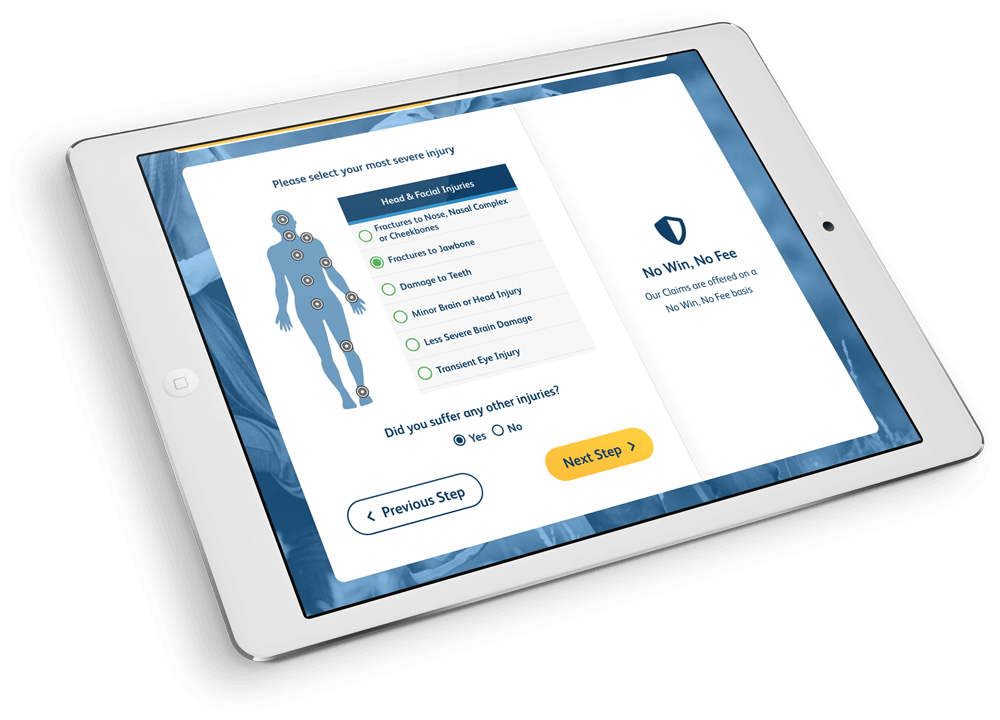Storm Christoph – Staying safe in bad weather
As the country is engulfed in the rain and wind from Storm Christoph, many of us will be battening down the hatches and taking cover in our homes. However, it might still be essential to go out for food supplies or to work, so it’s important that we stay as safe as possible.
Poor visibility, wet roads and a need to get everywhere in a hurry increases the risk of accidents on the roads, for both motorists and pedestrians, while those who have to work outdoors are also facing a series of potentially dangerous scenarios.
Here, our head of civil litigation Niamh Wilson, reminds us how to keep safe in bad weather…
DRIVING IN POOR WEATHER
Get a grip
Throughout the year, regardless of the weather, it’s important to keep checking that your tyres are maintained and in good condition. If the tyres aren’t pumped to the required level, you won’t have enough grip on the road, which is of course even more essential in rain and snow.
Having poor grip could mean the difference between being able to brake in time behind a vehicle or colliding with them, so make this a priority
Make a conscious effort to check your tyres regularly and pop to your local garage to inflate when needed.
Keep it slow
Remember that it can take twice as long to stop on a wet road than on a dry road because of both tyre grip and dirty water spray from other vehicles affecting visibility, so you should exercise as much caution as possible when driving in heavy rain.
Make sure you slow down and plan ahead to give yourself extra time to get to where you’re going. Ease off that accelerator and slow down gently – rather than braking hard – if the steering becomes unresponsive, as this probably means water is preventing the tyres from gripping the road.
Leave space
Strong winds can affect all motorists, but particularly those driving high-sided vehicles. When driving on motorways or dual carriageways, be aware of lorries and make sure you are passing them with enough room between the two of you.
Remember that gusts can also affect cars and motorcycles so stay alert to this when over-taking.
WORKING IN POOR WEATHER
See and be seen
While motorists need to of course ensure they have their headlights on and, where needed, their fog light, during adverse weather, those working outdoors also need to take steps to stay safe.
If you’re working outside, in an industry such as construction or highways, always wear reflective hoods and hats, as well as goggles to keep the rain out of your eyes. Speak to your employer if you feel the area in which you’re being asked to work is not well lit enough and make sure that any warm clothing, such as a hat or earmuffs, doesn’t restrict your hearing too much.
Check your equipment
Double check that you’ve been provided with the appropriate equipment to do your job safely in bad weather. For instance, make sure your footwear has enough grip to combat any slips on wet pavements, roofs or ladders.
It’s a good idea to ‘test run’ all your PPE equipment when you first get it so that you can flag any issues before it’s too late.
Stay warm
It’s important to keep warm and maintain good blood circulation, so having a good supply of hats, gloves and jackets is important. Also make sure that you’re drinking warm, sweet drinks to keep you warm on the inside and keep energy levels high.
WALKING IN POOR WEATHER
Take your time
Similarly to drivers, those out and about in the rain and wind should avoid rushing around as fast as they can as this can cause a slip or a fall. When entering the supermarket, remember that the floor could be wet form other people’s shoes and umbrellas – there should be measures in place to warn customer of slippery surfaces but always take extra care just in case.
Be a responsible pedestrian
As mentioned, braking distances can double during wet weather so bear this in mind when crossing busy roads. Not only will drivers have reduced visibility but they will also take longer to stop their vehicle in an emergency, so make sure you crossing roads responsibly and safely, leaving more than enough time to get to the other side.






